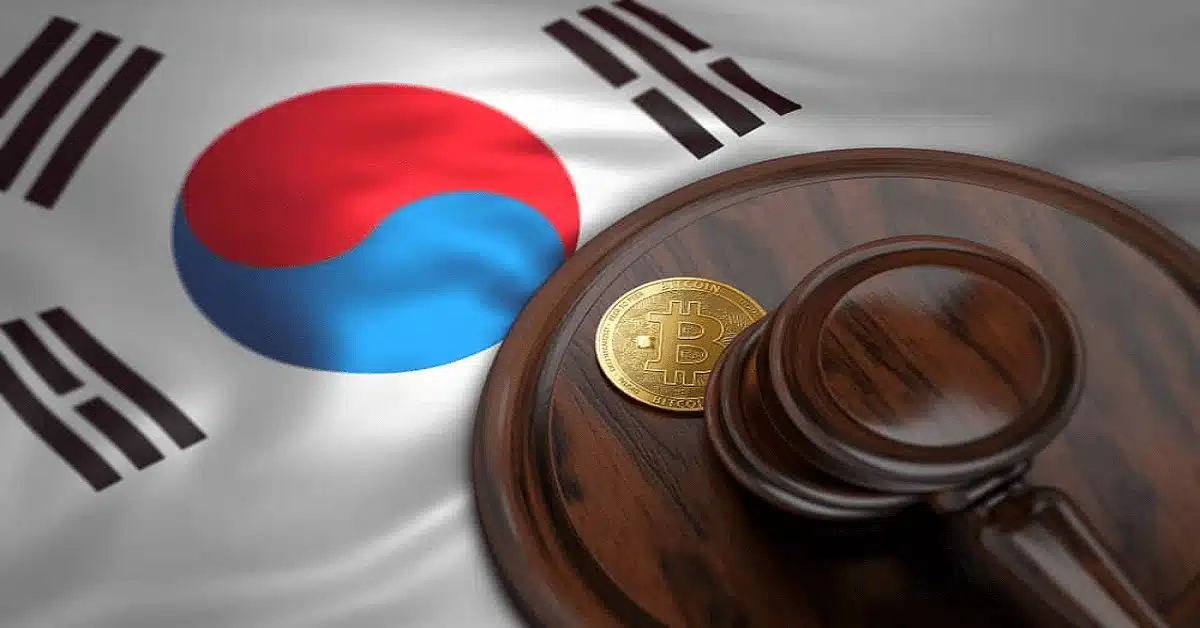South Korea has intensified its crackdown on illegal cryptocurrency activity by demanding stricter compliance from foreign platforms. Regulators are taking further steps to block unregistered crypto firms from operating within the country.
This week, authorities formally requested Apple to restrict access to 14 crypto-related applications on its South Korean App Store. The move follows similar actions against global crypto exchanges, including KuCoin and MEXC, which were cut off from local access beginning April 11.
The Financial Intelligence Unit (FIU) continues to enforce registration requirements for foreign crypto operators. Under the Act on Reporting and Use of Specific Financial Transaction Information, all overseas platforms must register before targeting South Korean users.
Also Read: South Korea’s Biggest Banks Demand End to Exclusive Crypto Exchange Deals
Regulators Push Back Against Unregistered Crypto Firms
According to South Korea’s Financial Services Commission (FSC), platforms that engage with local users without proper approval risk legal action. This includes exchanges operating Korean-language websites, processing transactions in the won, or marketing directly to domestic users.
The law mandates registration with the FIU, and non-compliance can result in up to five years in prison or fines reaching 50 million won. This enforcement reflects South Korea’s commitment to curbing financial crimes and protecting crypto investors.
Between 2022 and 2023, 22 unregistered platforms were already blocked from operating in the country. In response, the FIU has stepped up monitoring and is working with tech companies to limit public access to unauthorized services.
South Korean authorities demanded the restriction of multiple crypto applications through Google Play on March 26 after they submitted their official request. The FSC issued a list containing 22 unregistered platforms, but 17 disappeared from the Google Play store in South Korea.
Law enforcement actions are in addition to other user protection measures that support market integrity rules. Multiple authorities have voiced their worries about criminals who could use unregulated platforms for money laundering purposes alongside other illegal activities.
South Korea Moves Toward a Permanent Crypto Oversight Body
The establishment of a permanent crypto crimes task force is presently being formed in South Korea. Such measures were introduced after several cases where cryptocurrency assets faced mismanagement and fraudulent misuse, and most recently, disaster relief funds were discovered during dubious trading activities.
The FSC has repeatedly alerted investors regarding unknown platforms that present significant risks. Consumer protection needs regulatory awareness in South Korea because only 28 registered crypto firms operate there.
The authorities declared plans to shut down unregistered crypto exchange websites in local jurisdictions. Firms like CoinW, Bitunix, and KCEX were cited for violating national rules by targeting South Korean audiences without authorization.
Conclusion
South Korea’s regulatory approach reflects an increasing focus on safeguarding the digital financial ecosystem. With tighter enforcement and broader collaboration with tech platforms, authorities are sending a firm message to the global crypto industry.
Also Read: Ripple’s Strategic Expansion: Major Crypto Custody Partnership in South Korea
